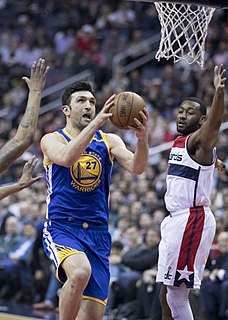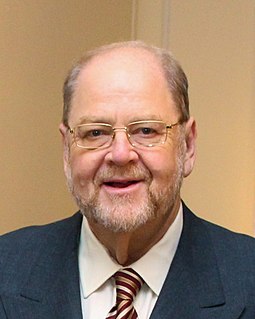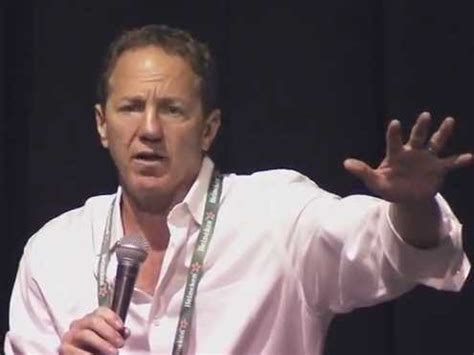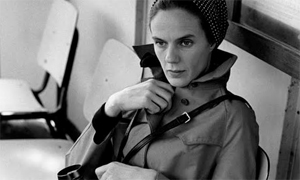A Quote by Joan Wallach Scott
If the students don't want to learn about evolution, they shouldn't be in the course. A biology course that teaches creationism is not a science course, it's a religion course. So the students demanding that creationism be given credence in that course are out of line and are denying the academic freedom of the professor. They are calling into question the scientific basis of the material that's being presented. And students are not in a position to do that.
Related Quotes
All my mind was centered on my studies, which, especially at the beginning, were difficult. In fact, I was insufficiently prepared to follow the physical science course at the Sorbonne, for, despite all my efforts, I had not succeeded in acquiring in Poland a preparation as complete as that of the French students following the same course.
Where I teach students in drama school, there's a course called Dramatics. In this course, all students must put on a play. However, acting majors are not supposed to act. They can write the play, for example, and the writers may work on stage art. Likewise, stage art majors may become actors, and in this way you put on a show.
There are so many movies like this, where you thought you were smarter than the screen but the director was smarter than you, of course he's the one, of course it was a dream, of course she's dead, of course, it's hidden right there, of course it's the truth and you in your seat have failed to notice in the dark.
I spend quite a bit of time thinking about my students. I look at them, at their work, I listen to what they tell me, and try to figure out who they might become in the best of all possible worlds. This is not easy. Students try to give you clues; sometimes they look at you as if imploring you to understand something about them that they don't yet have the means to articulate. How can one succeed at this? And how can one do it 20 times over for all the students in a class? It's impossible, of course. I know this, but I try anyway. It's tiring.
As physics students, we are taught that physicists are smart, that chemists are moderately acceptable, and that biologists are certainly not very intelligent. So I wasn't inclined to take a biology course. But my father insisted, and maybe what he had in mind was that, if there were no jobs in physics, I would end up being a doctor.








































